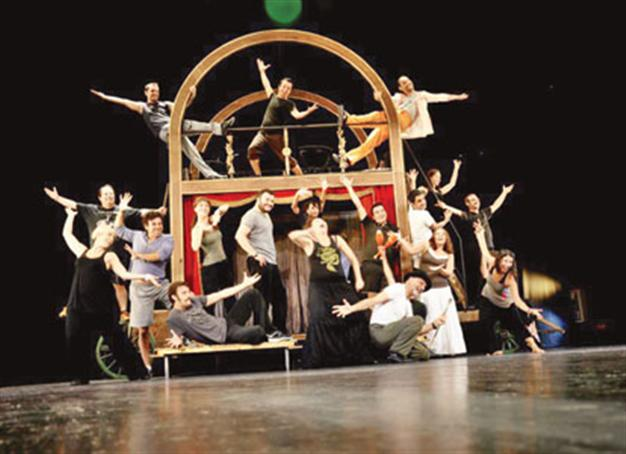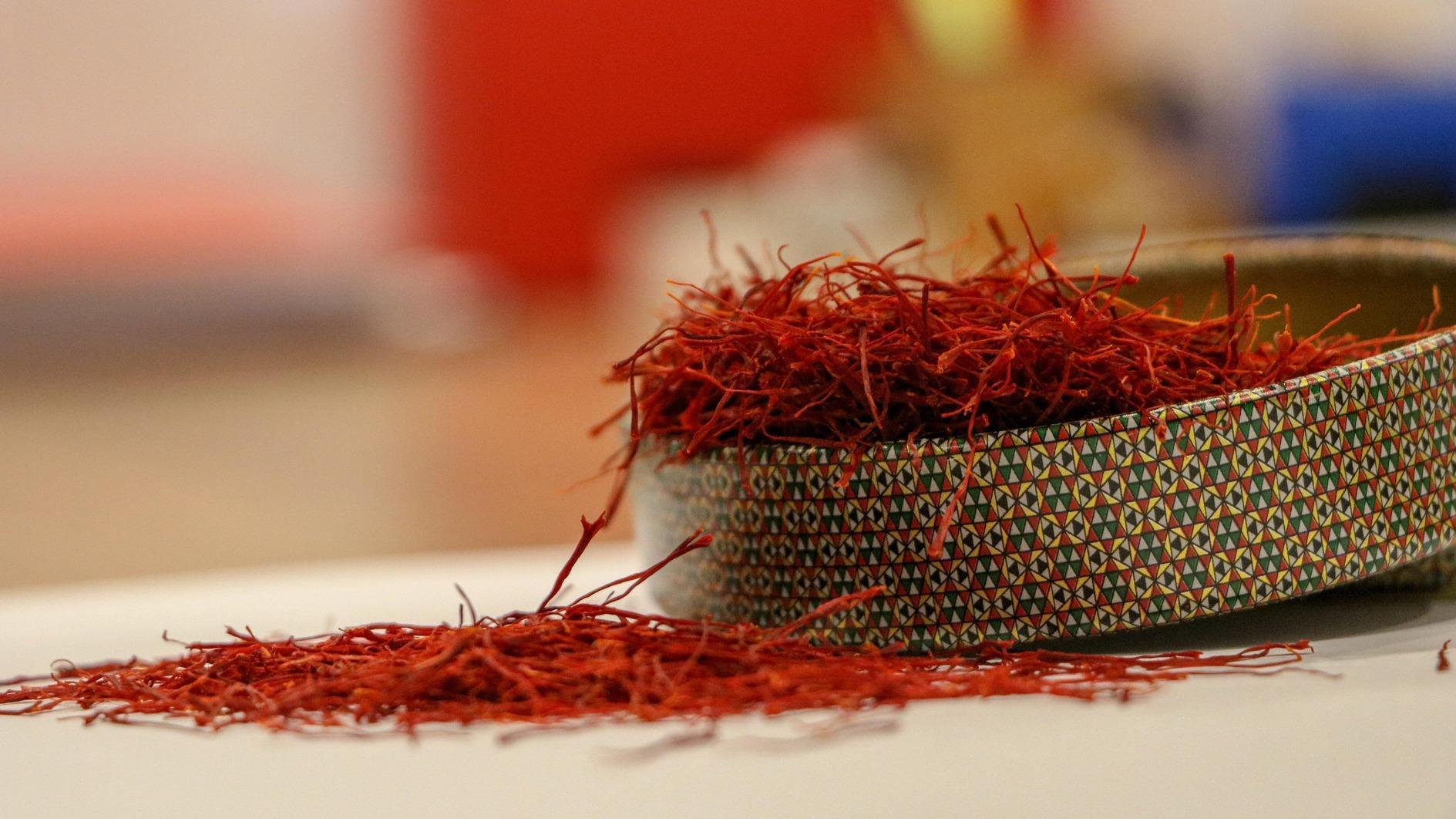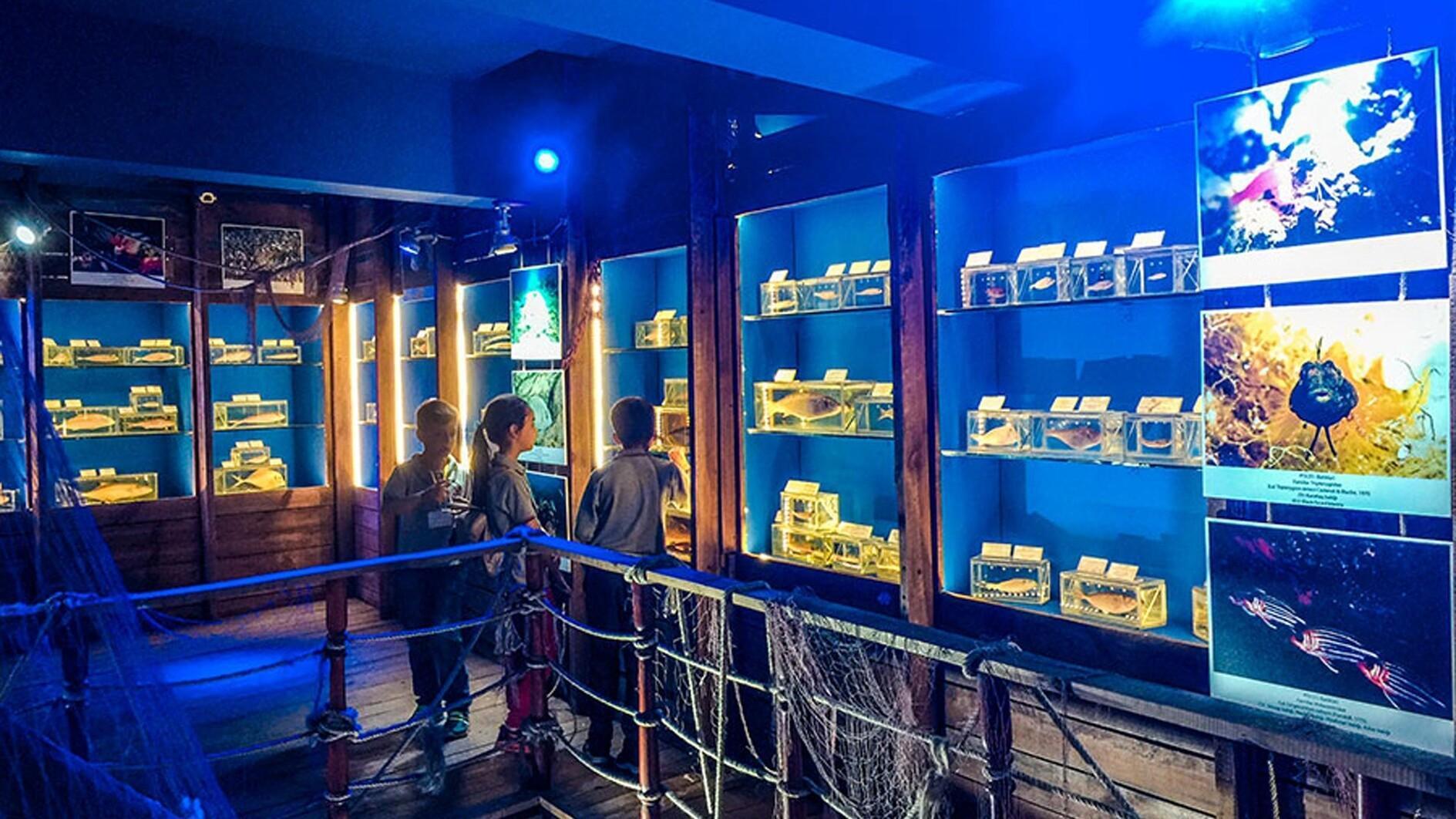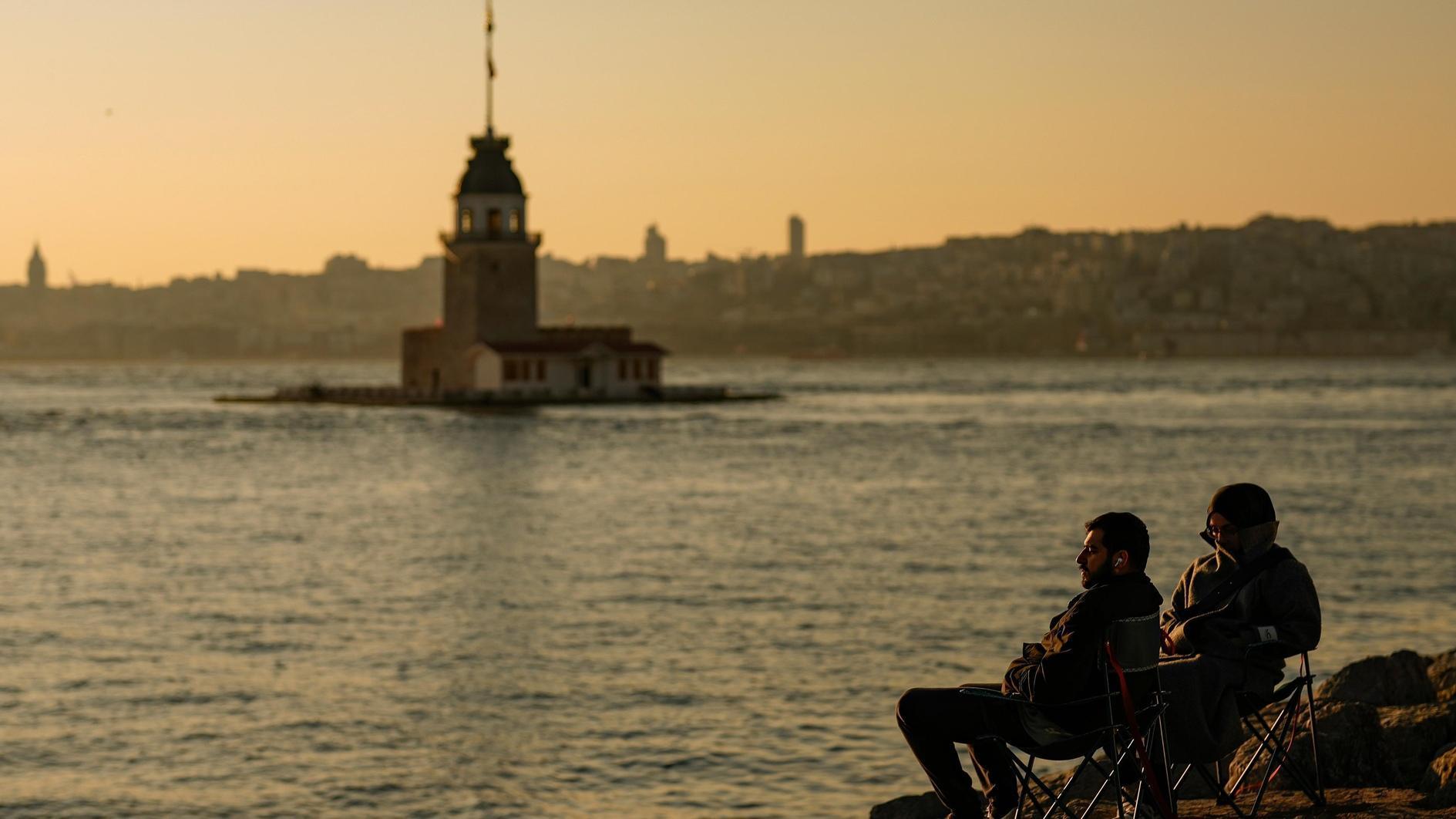Istanbul Theater stages Armenian writer’s work
VERCİHAN ZİFLİOĞLU ISTANBUL-Hürriyet Daily News

This photo shows the actors and actresses on their rehearsal of 'the Eastern Dentist,' Armenian writer Hagop Baranyan’s famous novel, which is now adapted into a play. DAILY NEWS photo.
“Armenians are the foundation of Turkish theater. Artists bred in this area are the DNA of this land. We need to claim our past if we want to modernize. Unfortunately, we are a society without a memory,” said Ayşenil Şamlıoğlu, Istanbul Municipal Theater’s general art director.
The theater would be greatly pleased to bring the play to Armenia with its huge cast as well, Şamlıoğlu added.
“We also marginalize our people. We ignored people who had been living on this soil for thousands of years due to ideological reasons. It is impossible for us to eradicate Armenian artists from Turkish theater,” Engin Algan, who adapted Baronyan’s work for the stage, recently told the Hürriyet Daily News.
Algan encountered Baronyan’s name by chance in a theater magazine called “Mimesis.” He then found out about the work on the Internet.
“[It is] a very important and unique work in literary terms as much as in theatrical terms despite having been written in 1860,” Algan said.
Regarded as a landmark persona in western Armenian literature, which developed primarily in Istanbul during the 19th century, Baronyan was marginalized in his own time due to his biting language. A comedy writer and journalist, Baronyan posthumously became part of the classical cannon with his work.
‘There would have been outrage’
“We would not have been able to stage this play in previous years even if we had wanted to. We went through difficult times. There would certainly have been major outrage if we had said that we were going to stage such a play in a public theater,” Algan said.
It is highly important to perform such a play at a time when enmity is used as a political tool and the winds of nationalism have taken hold of the new generation, he said.
“We shared a common life 100 years ago. It is this common past that carried us into the present. We are used to burying our heads in the sand, but we can no longer continue on like this,” Algan said.
The play tackles the issue of gender relations in a comical way, according to Şamlıoğlu, while the costumes and music is quite colorful.
“We did some restoration work on the original text. We composed new songs and brought together the influence of westernization, the culture of the Armenian community, Orientalism and canto with a different concept while preserving the spirit of the era,” Algan said.
Foreign audiences would also derive great pleasure from Baronyan’s play, Şamlıoğlu said.
“You will find the wealth of
this land and a different color scale in this musical play,” Şamlıoğlu said.
















